Japan Crypto Refund Calculator
Calculate Your Refund Timeline
Japan's 2025 reforms drastically changed how quickly you can recover assets if an exchange fails.
Japan doesn’t just allow cryptocurrency-it controls it. With over 12 million exchange accounts and more than 5 trillion yen ($33.7 billion) in crypto deposits, Japan has built one of the strictest, most detailed consumer protection systems in the world. If you’re holding crypto in Japan, or thinking about it, you need to know how the system works-because it’s not like anywhere else.
Everything Starts with Registration
No crypto exchange can legally operate in Japan without registering with the Financial Services Agency (FSA). It’s not a formality. It’s a full audit. The FSA checks everything: where the company is based, how it stores funds, how it verifies users, and whether it has enough cash on hand to survive a market crash.Exchanges must have a physical office in Japan. No offshore shell companies. No anonymous operations. If you’re trading on a Japanese exchange, it’s because the government has personally approved it.
Your Money Is Locked in Cold Storage
One of the biggest risks in crypto? Hacks. In 2014, Mt. Gox lost 850,000 BTC. That disaster changed everything. Japan responded with a rule that’s now the global gold standard: at least 95% of customer crypto must be stored in offline cold wallets.That means your Bitcoin, Ethereum, or Solana isn’t sitting on a server connected to the internet. It’s locked in hardware devices, buried in secure vaults, disconnected from any network. Even if a hacker breaks into the exchange’s main system, they can’t touch your assets. The remaining 5%? That’s only for day-to-day withdrawals, and it’s heavily monitored.
And here’s the kicker: customer funds must be kept completely separate from the exchange’s own money. No mixing. No using your deposits to fund risky bets. If the exchange goes bankrupt, your crypto is still yours.
Fast Refunds-No More Waiting 170 Days
Before June 2025, if an exchange failed, users had to wait months to get their money back. The government had to step in, run paperwork, and coordinate with banks. It took 170 days on average.The 2025 amendment to the Payment Services Act changed that. Now, if an exchange collapses, banks and trust companies can return your funds directly-no red tape, no delays. You might get your money back in days, not months. This isn’t just convenient. It’s life-changing for people who rely on crypto for savings or emergencies.
Not All Crypto Is Treated the Same
Japan doesn’t lump everything together. The law draws a clear line:- Crypto-assets (Bitcoin, Ethereum, etc.) = regulated under the Payment Services Act
- Prepaid cards, bank-backed digital coins = treated like regular e-money, not crypto
- Tokens with investment features = now classified as securities under the Financial Instruments and Exchange Act (FIEA)
That last one is huge. If a token promises profits based on someone else’s work-like a project token you buy hoping the team will build something valuable-it’s now treated like a stock. That means:
- Issuers must disclose financials and risks
- Insider trading is illegal
- Brokers must be licensed
- Spot Bitcoin ETFs can now be approved
This closes the door on shady ICOs and pump-and-dump schemes. If it smells like a security, it’s treated like one.
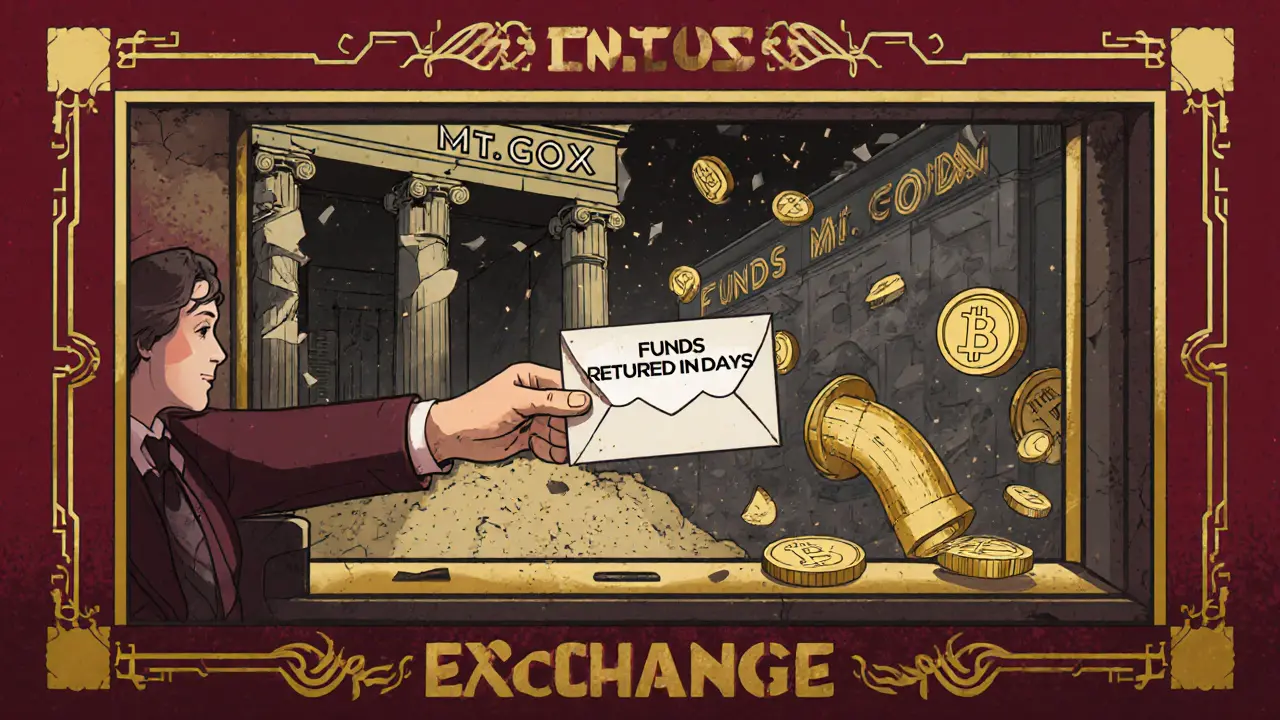
Credit Cards That Buy Crypto? Now They’re Regulated Too
You might not think about it, but buying crypto with a credit card is a big deal. If an exchange offers a card that lets you pay for crypto in installments-say, over two months, or with revolving balances-it’s not just a payment tool. It’s a form of credit.Under Japan’s Installment Sales Act, that means the company issuing the card must register as a credit intermediary. They have to tell you the full cost, the interest, the risks. No hidden fees. No fine print. If they don’t, they’re breaking the law.
This protects people who might not realize they’re taking on debt to buy volatile assets. It’s a rare example of consumer protection catching up with new spending habits.
DeFi Is on the Radar-And Regulators Are Watching
Decentralized finance (DeFi) is the wild west elsewhere. Not in Japan. The FSA created a formal DeFi Study Group made up of regulators, tech experts, and academics. They meet every two to three months to figure out how to protect users without killing innovation.Smart contracts, automated lending, yield farming-none of these are illegal. But if they’re offered to Japanese users, they’ll eventually need to meet transparency, audit, and risk disclosure standards. The goal isn’t to ban DeFi. It’s to make sure you know what you’re getting into.
What Happens If You Break the Rules?
Running an unregistered crypto exchange in Japan? That’s a crime. Before June 2025, the punishment was up to three years in prison and a fine of up to 3 million yen. Now, under Japan’s 2022 Penal Code update, the sentence is called “confinement punishment” (koukin-kei)-a new legal category that replaces prison for certain white-collar offenses. It’s still serious. It still means losing your freedom.And it’s not just exchanges. Anyone helping them-advertisers, developers, wallet providers-can be held liable if they knowingly support illegal operations.
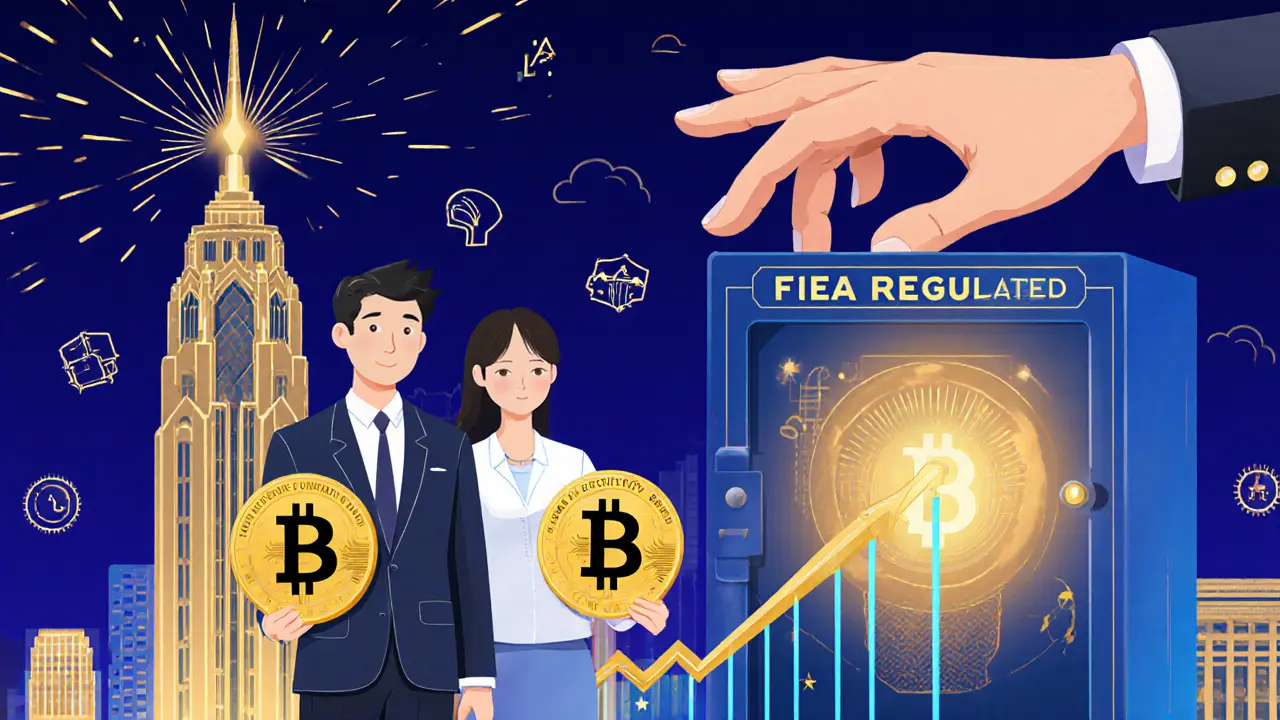
Who’s Using Crypto in Japan?
Most people aren’t day traders. Around 70% of Japanese crypto users are middle-income earners. They’re not trying to get rich overnight. They’re looking for long-term growth. Some use it to hedge against yen depreciation. Others see it as part of a diversified portfolio.Finance Minister Katsunobu Kato has said as much: crypto can be part of a responsible financial plan. But only if it’s safe. That’s why Japan’s rules are so tight. It’s not about stopping people from using crypto. It’s about making sure they don’t get burned.
What’s Coming in 2026?
The big next step? Full integration of crypto tokens into the Financial Instruments and Exchange Act. A formal bill is expected in early 2026. Once passed, it will:- Require full disclosure for all token issuers
- Allow regulated crypto ETFs to launch
- Give the FSA power to issue emergency injunctions against fraudulent platforms
- Create a legal path for institutional investors to enter the market safely
This isn’t just regulation. It’s infrastructure. Japan is building the foundation for crypto to become a normal part of the financial system-like stocks, bonds, or savings accounts.
Why This Matters
Japan didn’t just react to crypto. It designed a system that balances freedom with safety. It’s not perfect. But compared to the chaos in other markets, it’s the closest thing to a model.If you’re using crypto in Japan, you’re protected in ways most people in other countries can’t even imagine. Your money is segregated. Your exchange is monitored. Your rights are written into law. And if something goes wrong, the system is built to fix it-fast.
That’s not luck. It’s policy. And it’s working.
Are crypto exchanges in Japan safe?
Yes-if they’re registered with the FSA. All licensed exchanges must keep 95% of customer assets in offline cold storage, separate from company funds. They’re also required to have physical offices in Japan, pass strict audits, and maintain capital reserves. Unregistered exchanges are illegal and shut down immediately.
Can I get my money back if a Japanese crypto exchange goes bankrupt?
Yes, and much faster than before. Since the 2025 amendment, banks and trust companies can return your funds directly without waiting for government approval. Refunds that used to take 170 days now happen in days or weeks. Your assets are protected because they’re legally separated from the exchange’s own money.
Is Bitcoin treated differently from other tokens in Japan?
Bitcoin and other major crypto-assets are regulated under the Payment Services Act as payment tools. But tokens that act like investments-like project tokens promising returns-are now classified as securities under the Financial Instruments and Exchange Act. That means stricter rules on disclosures, insider trading, and who can sell them.
Can I use a credit card to buy crypto in Japan?
Yes, but only if the provider is registered as a credit intermediary under the Installment Sales Act. If the card offers installments, revolving payments, or bonus payments, the issuer must disclose all fees and risks. This prevents people from accidentally taking on debt to buy volatile assets.
Are DeFi platforms legal in Japan?
DeFi platforms aren’t banned, but they’re under active regulatory review. The FSA has a dedicated DeFi Study Group that meets regularly to design rules. Any DeFi service targeting Japanese users will eventually need to meet transparency, audit, and user protection standards. No platform is currently illegal, but unregulated ones risk being shut down soon.
What happens if I run an unregistered crypto exchange in Japan?
You can face confinement punishment (koukin-kei), which replaced prison sentences in 2022. The penalty can include loss of freedom and fines up to 3 million yen. The FSA actively tracks and shuts down unregistered operations. Even helping them-like providing software or marketing-can make you legally liable.
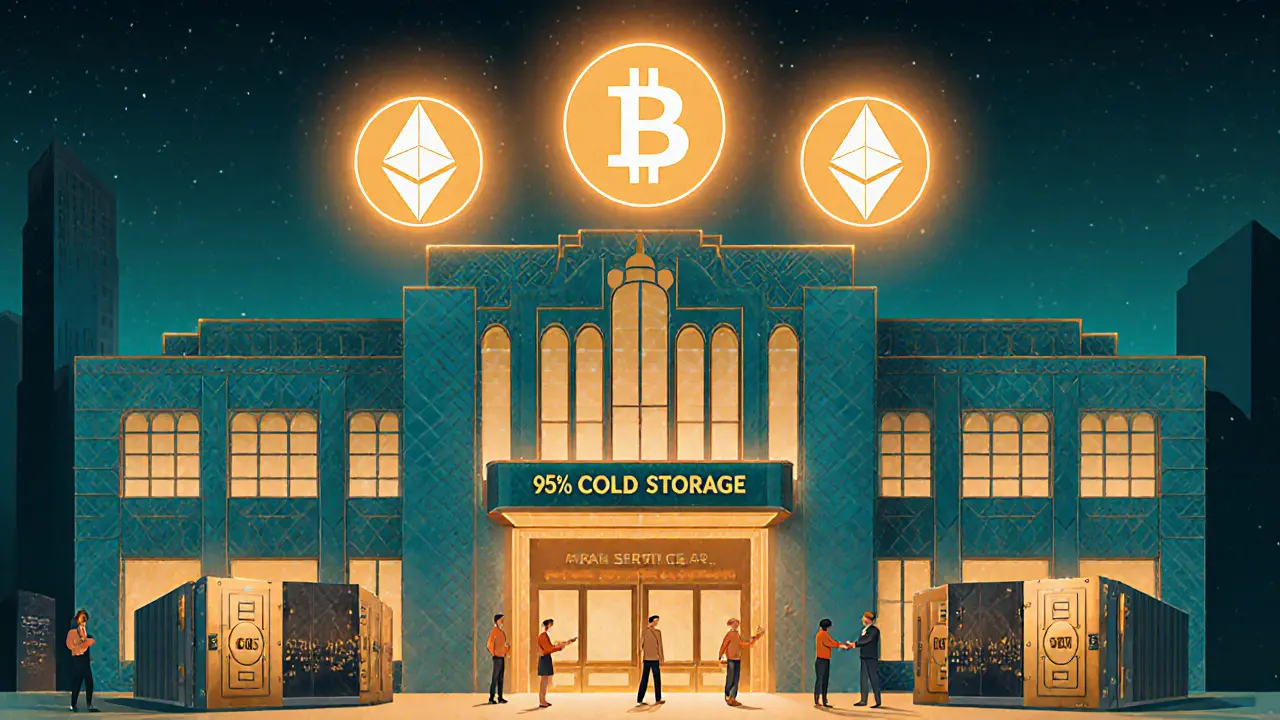

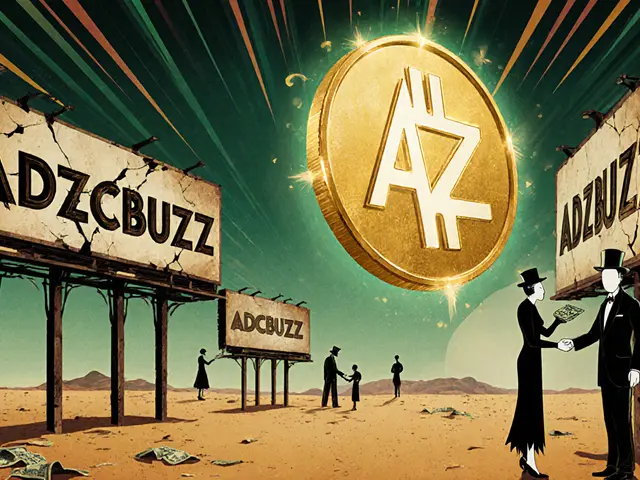
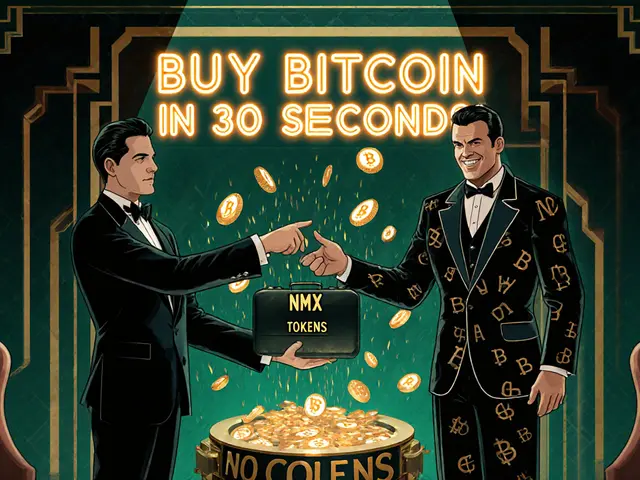
Mike Calwell
November 16, 2025 AT 06:29lol japan really got that crypto shit locked down hard. i just wanna buy btc with my card and they got 17 forms to fill out. 🤡
Carol Wyss
November 16, 2025 AT 20:08Honestly? I’m so glad Japan’s doing this right. 😊 I’ve seen friends lose everything in other countries-no protections, no refunds, just ghosted exchanges. This is how it should be. You don’t have to be a genius to use crypto if the system’s got your back.
Ninad Mulay
November 18, 2025 AT 00:58As someone from India where crypto’s still in the wild west, I’m jealous. Here, you get scammed and the police say ‘it’s digital, figure it out.’ Japan’s showing the world that regulation isn’t the enemy-it’s the safety net. 🙌
Ryan Hansen
November 19, 2025 AT 21:51What’s interesting is how Japan didn’t just slap rules on crypto and call it a day-they actually mapped out the entire ecosystem. Cold storage? Check. Separate funds? Check. Credit card lending regulated? Check. Even DeFi is being studied like a lab experiment instead of banned outright. Most countries panic and ban, Japan analyzes and adapts. That’s not just smart-that’s institutional maturity. And yeah, the 95% cold storage rule? That’s the gold standard because it’s not theoretical, it’s physical. No internet connection means no remote hack. It’s like putting your money in a bank vault and then burying the vault under concrete. You can’t steal what you can’t reach.
Jay Davies
November 21, 2025 AT 09:52Actually, the 2025 amendment doesn’t guarantee refunds within days-it just streamlines the process. The law requires banks to act *promptly*, but ‘promptly’ isn’t defined. There’s still room for bureaucratic lag. Also, the ‘segregation of funds’ is only as strong as the audit regime, and audits are self-reported by exchanges until the FSA intervenes. Don’t oversell it.
Student Teacher
November 23, 2025 AT 05:59Wait-so if a token promises returns based on a team’s work, it’s a security? That’s actually brilliant. It means projects can’t just throw up a whitepaper and sell tokens like carnival tickets. You need disclosures, anti-insider trading rules, licensed brokers… it’s like the SEC finally caught up with Web3. This could be the blueprint for the US.
Grace Craig
November 24, 2025 AT 12:28One must acknowledge that Japan’s regulatory architecture is a paragon of fiscal prudence and institutional foresight. The conflation of crypto-assets with payment instruments, while simultaneously subjecting investment-grade tokens to the Financial Instruments and Exchange Act, demonstrates an elegant bifurcation of risk profiles-a distinction that most jurisdictions, particularly those mired in libertarian dogma, have yet to comprehend. The imposition of confinement punishment, rather than mere imprisonment, further signals a nuanced understanding of white-collar culpability. Truly, this is not regulation-it is civilizational calibration.
Derayne Stegall
November 25, 2025 AT 09:26Japan’s crypto rules are literally the only reason I’m not terrified to hold anything. 💪🔥 I used to think crypto = gamble. Now I think crypto = savings account with extra steps. And I’m here for it. 🇯🇵✨
Astor Digital
November 26, 2025 AT 02:45My cousin in Osaka just bought his first ETH through a licensed exchange. He’s 58, works at a noodle shop, doesn’t know what a smart contract is. But he knows his money’s safe. That’s the real win here-not the tech, not the rules-but ordinary people finally feeling like they’re not getting played.
Aayansh Singh
November 27, 2025 AT 18:52Don’t be fooled. Japan’s system is a gilded cage. They ‘protect’ you by locking you into their bureaucracy. Every exchange is a puppet of the FSA. No innovation survives without approval. You think cold storage is safe? It’s just centralized control with more paperwork. And don’t even get me started on how they classify DeFi-total hypocrisy. They’ll ‘study’ it for 5 years while US and EU move ahead. Japan’s crypto future? A museum exhibit.
Teresa Duffy
November 29, 2025 AT 06:18Thank you for writing this. I’ve been trying to explain to my friends why I moved my crypto to a Japanese exchange-and now I can just send them this. The 95% cold storage rule alone makes me sleep better. And the fact that they treat investment tokens like securities? That’s the future. No more rug pulls disguised as ‘community projects.’